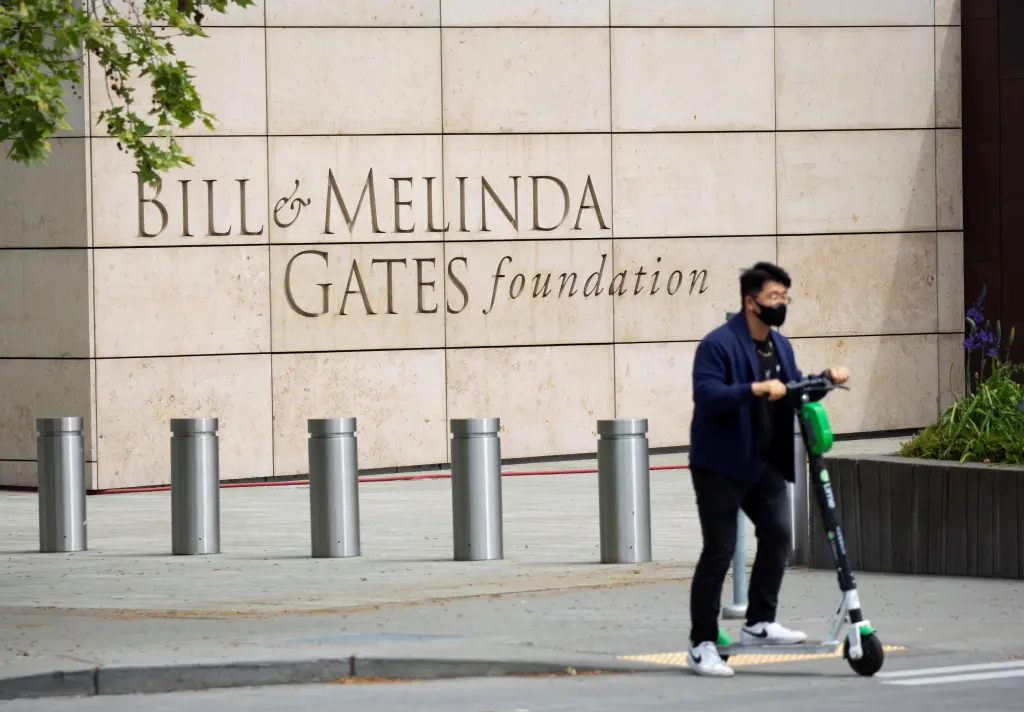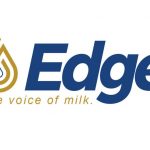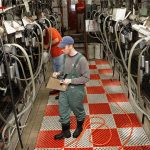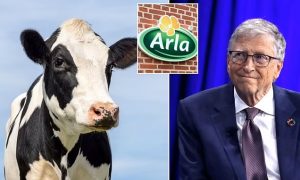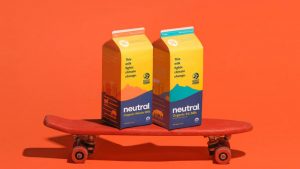
Many are wondering how and why a software salesman like Bill Gates became a global health, food, and agriculture expert. How a man who made his billions revolutionizing personal computing became one of the largest private landowners in America. In his new book, “Controligarchs: Exposing the Billionaire Class, Their Secret Deals, and the Globalist Plot to Dominate Your Life,” author Seamus Bruner reveals the answers.
Bill Gates may be best known for his role in revolutionizing global technology and digital culture, but the past few decades have seen the mogul emerge as a potent force in agriculture and food production.
Yet rather than operating out of pure altruism, Gates’ investments in American farmland and fake meat may actually be less about “sustainability” and more about enriching himself by monopolizing the food supply. And he is using a strategy revealed by the landmark United States v. Microsoft Corp. antitrust case to do it.
In that famous lawsuit, settled in 2001, the United States accused Microsoft of illegally achieving and maintaining a monopoly in the computer market by placing restrictions on both manufacturers and computer users, thus preventing them from uninstalling Microsoft’s software. This unfairly eliminated competition, prosecutors alleged.
The trial revealed that Microsoft had an internal strategy called “Embrace-Extend-Extinguish,” which Gates has apparently adapted to corner other markets, including the agriculture and food markets.
First, Microsoft would “embrace” or enter a market; web browsers, for example. Next, Microsoft would “extend” its reach within that market; by installing its Internet Explorer software on every personal computer (PC).
The final step in the process was to “extinguish” (or “exterminate”) the competition; by leveraging Microsoft’s market dominance to push regulations and standards that competitors could not afford to comply with. The goal was to control the market and profits would follow. (The case ended with Microsoft agreeing to alter some of its business practices.)
Sound familiar? It is to farmers in this country and around the world, who are struggling with new regulations and restrictions on their cattle and fertilizer usage. Gates and his allies at supranational organizations like the World Economic Forum (WEF) in Davos are insistently pushing these regulations and restrictions, with the declared purpose of saving the planet. It is an ambitious goal, but it also happens to be quite lucrative.
Gates kicked off the “embrace” phase of his food industry takeover in the early 2010s. Gates became an angel investor in fake meat company Beyond Meat shortly after it was incorporated in April 2011. His American farmland takeover plan dates back to at least December 2012, according to an obscure corporate document filed in his home state of Washington.
His first farmland acquisitions were third-generation family-run Coggins Farm and Stanley Farms in Georgia in 2013 and 2014, respectively. The two merged their holdings — thousands of acres in Georgia and Florida — into Generation Farms in 2016.
In 2017, Gates made his largest farmland purchase to date when he snapped up 61 properties across various states in a single deal. It cost him more than $500 million.
His farms in north Louisiana — his largest holding — comprise nearly 70,000 acres and grow corn, cotton, rice, and soybeans. His second-largest agricultural holding is in Arkansas with approximately 47,000 acres. In Nebraska, Gates’s companies grow soybeans and other crops across roughly 20,000 acres.
Gates’s 14,500-acre potato farm — called 100 Circles Farm — in Washington state is visible from space and pulls up at least 1,000 metric tons of potatoes out of the ground daily. The farm is a major supplier for McDonald’s french fries and Gates bought it for $171 million from the agriculture conglomerate Conagra in 2018.
Today, Gates is the largest private owner of American farmland, with at least 268,984 acres in 18 states.
While Gates was snapping up huge agriculture holdings, he was also investing in fake meat and dairy companies. Beyond Meat and Impossible Foods are just two of Gates’s more recognizable alternative protein investments, but there are many others.
Gates has also been expanding his holdings in patented synthetic fertilizer technologies as fertilizer is one of the most critical components of growing food. This was the “embrace” phase of Gates’s food industry takeover.
With the patents over seeds, proteins, and fertilizers secured, Gates and his partners began to execute the final phase of the food takeover strategy. Farmers are now finding themselves in the “extinguish” phase.
Gates has suggested that “regulation” over the meat industry could be a way to “totally shift the demand” away from real meat. Lawmakers in Washington, DC, are pushing beef methane and fertilizer restrictions — ostensibly, to save the planet from bovine flatulence and pollution. Rep. Alexandria Ocasio-Cortez (D-NY), for example, has long been an outspoken critic of “cow farts.”
A “sustainability program” offered by a group called Leading Harvest audits farmers’ practices for compliance with new climate-saving strictures. Gates’s investment firm was a partner of the program, and his farms were all enrolled in the program as of 2020.
But farmers who have produced Americans’ food for generations find that compliance with the climate change regulations can be cripplingly expensive and may lead to a food crisis. As multigenerational family farms are pushed out of business, generations of experience are at risk of being lost — along with a once-revered way of life.
And what about the sustainability of these new technologies and meats grown in labs? A recent study by the University of California, Davis has found that fake meat may actually be worse for the climate than live cattle. But if it is not the sustainability — and it is certainly not the taste — then what advantages do these new fake meats hold?
For a software programmer like Gates, the intellectual property may be the key. Patenting seeds, proteins, and fertilizers effectively grants the patent holder a 20-year-long monopoly. Patents equal profits, and a monopoly equals exclusive access to money.
This is not just happening in America; it is happening all over the world. Gates and his globalist allies at the WEF are seeking to snuff out the family-owned competition by pressing for regulations and restrictions on the tried-and-true methods of producing food across the globe.
The farmer protests in countries such as the Netherlands, Canada, and Ireland (which recently announced the imminent slaughter of between 41,000 and 200,000 cows) demonstrate that the food industry takeover is a global problem.
To date, Gates has spent more than $1 billion on just his American farmland and fake meat investments. Also, his foundation has spent many more billions advancing research into the technologies in which he personally invests. And more money is still being spent pushing the narrative that his investments will save the planet.
All told, Gates and his foundation’s total funding toward his global food and agriculture agenda tops $11.7 billion.
The returns on these investments for Farmer Gates could be massive.
